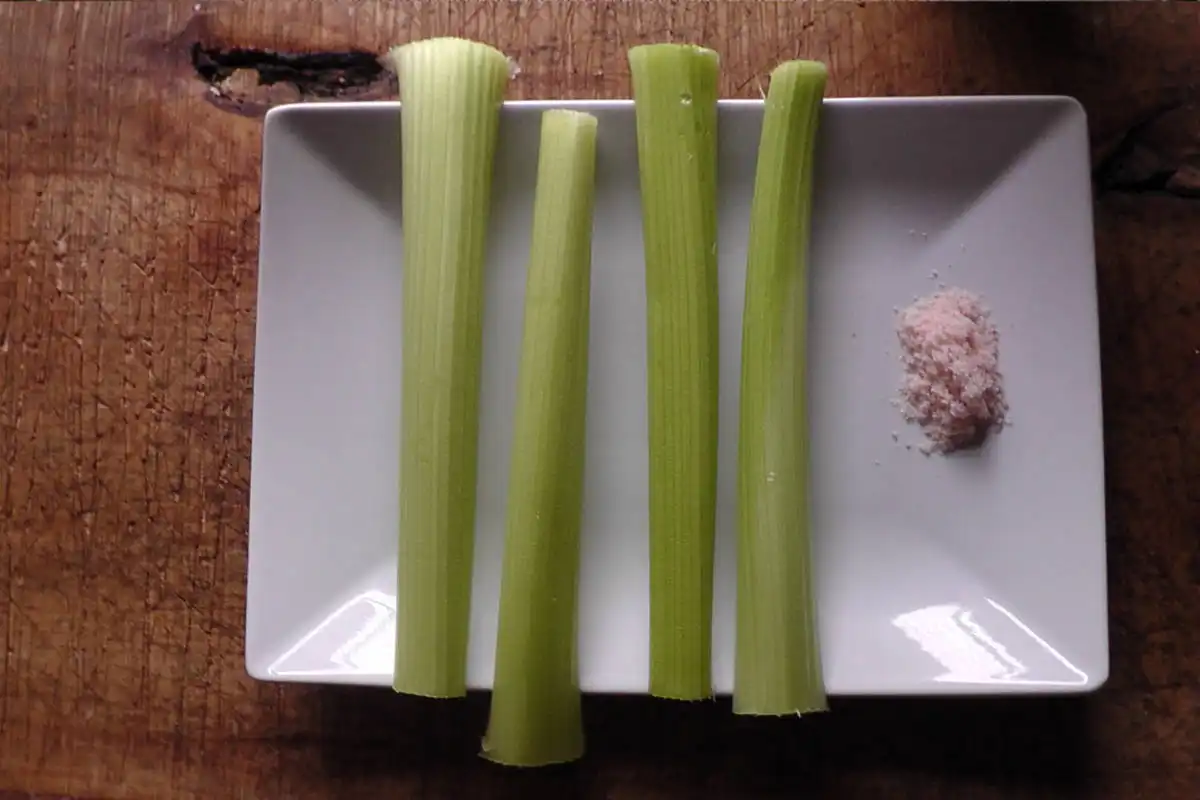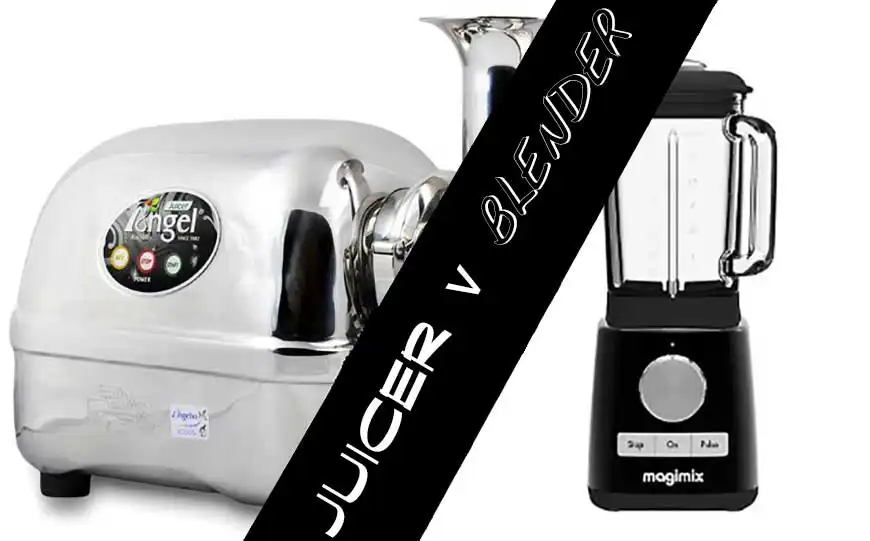CARROTS contain a super dense and potent mix of vitamins, minerals and antioxidants that can boost health and help you thrive.
These beautiful orange vegetables also contain a large amount of fibre but the big question is…..Are carrots best eaten whole or juiced?
Or to put it another way, does juicing a carrot actually lower the nutritional value or fibre content of the carrot you buy?
The comparison can be confusing when comparing juicing to eating a carrot because the very act of juicing the carrot changes its composition and removes the pulp that makes up much of the fibre element and structure of the carrot. Therefore, we have to make an allowance for these factors.
A fresh cup of juiced carrot weighs approximately 286 grams, that’s more than the combined weight of three large carrots, eating just one large carrot would give you significantly fewer nutrients when compared to this delicious and easy to drink glass of juice purely because you are unlikely to eat three large carrots in one sitting but could easily drink the juice of three large carrots.
Nutrient Content And fibre
The single carrot you might eat for your snack would contain much less nutrition than this 286 gram serving of carrot juice but this juice obviously took three times the amount of carrots to produce. When we think purely nutritionally and take into account that juicing maximises the potential nutrition you can gain in the shortest possible time whilst helping you avoid bloating and overeating, I think you’ll agree that juicing is the way forward for today’s busy lives?
Juicing a carrot does reduce the overall fibre yield when compared to whole carrots. The juicing process only extracts around a third of the fibre of a carrot, making the 286-gram glass of juice comparable in fibre content to just one large carrot. I think you’ll agree that is plenty of fibre for one sitting?
Many of the vitamins and minerals contained in carrots are actually increased when juicing!! This is partly because the mechanical juicing process releases the nutrients into the juice rather than relying on our bodies to break down the tough stuff, like cellulose, during digestion. This is a problem for anyone wanting to maximise energy usage in the body as we are potentially leaving some of the good stuff wrapped up in the fibre, only to be eliminated from the body without receiving any nutritional return on the energy invested.
Digesting food is an energy-sapping and nutrient heavy process in itself so anything we can do to release the nutrients before eating them is a massive benefit to our health. Helping the body make efficient use of its energy is vital to healthy living and ageing, the digestion process is responsible for producing oxidative stress which results in reactive oxygen species hindering the system’s ability to readily detoxify, if left unchecked these processes will affect the way we look and feel. Maximising nutrient extraction and energy consumption will help to keep harmful oxidative free radicals at bay.
Anti Oxidants
Carrots are a powerful source of the organic antioxidant vitamins your immune system needs to keep disease at bay and help prevent premature ageing.
A cup of carrot juice gives you more than a quarter of your daily requirement for vitamin C and 50 percent of the required daily vitamin E your body needs to stay healthy, whilst an uncooked carrot gives you single figure returns on nutrients with just 6 percent of the vitamin C and only 3 percent of the vitamin E you need each day. Carrot juice additionally gives you 2,270 mg of vitamin A, that’s more than three times your recommended daily allowance for this important antioxidant. Vitamin A strengthens immunity, keeps skin and the linings of some parts of the body healthy and helps restore our vision in dim light. A typical carrot with 611 micrograms of vitamin A, delivers just 87 percent of your daily needs.





